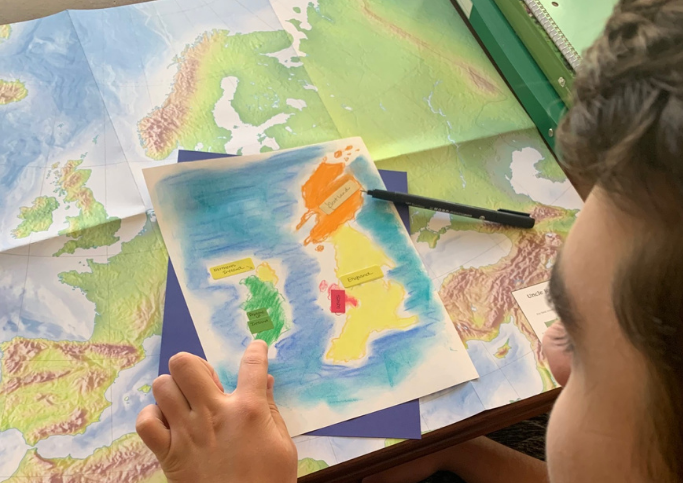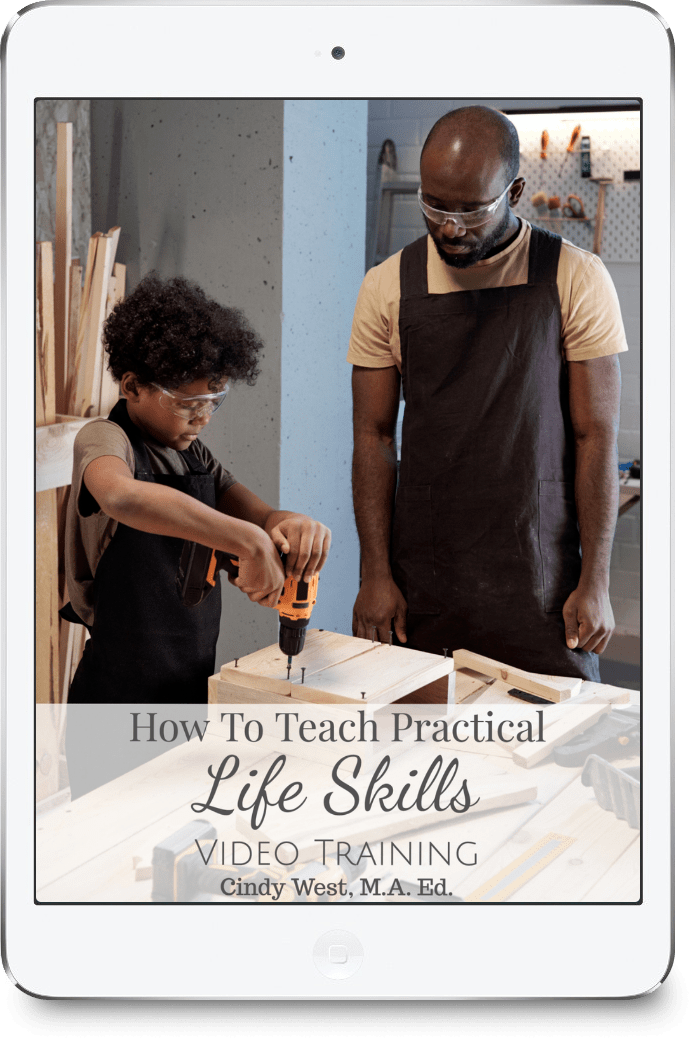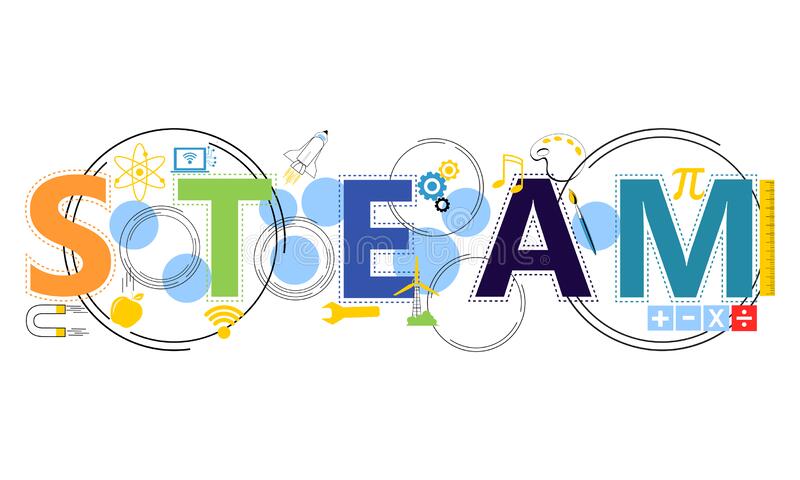Nurturing Hearts: Home Schooling Emotional Intelligence

Nurturing Hearts: Home Schooling Emotional Intelligence
Home schooling provides a unique opportunity to prioritize the development of emotional intelligence, fostering a child’s ability to understand and manage emotions, empathize with others, and navigate social interactions. Let’s explore how home schooling can become a nurturing environment for the cultivation of emotional intelligence.
Customized Learning Environments: Tailoring Education to Emotional Needs
One of the advantages of home schooling is the ability to create a customized learning environment that considers the emotional needs of the child. By tailoring educational experiences, parents can provide a supportive atmosphere that encourages open communication and addresses emotional challenges. This personalized approach ensures that learning goes hand in hand with emotional well-being.
Emotional Literacy in the Curriculum: Teaching the Language of Emotions
Home schooling allows for the intentional inclusion of emotional literacy in the curriculum. Parents can teach children to identify and express their emotions effectively, providing them with the vocabulary to communicate their feelings. This emphasis on emotional language enhances self-awareness and lays the foundation for understanding and managing emotions.
Conflict Resolution Skills: Navigating Emotions in Relationships
Home-schooled students often have the advantage of one-on-one guidance in developing conflict resolution skills. Through discussions and real-life scenarios, parents can help children navigate emotions in relationships. This practical approach to conflict resolution not only builds emotional intelligence but also equips students with valuable skills for resolving disputes in a constructive manner.
Encouraging Empathy and Perspective-Taking: Walking in Others’ Shoes
Home schooling provides ample opportunities to encourage empathy and perspective-taking. Parents can incorporate literature, discussions, and real-world experiences that prompt children to understand different viewpoints. This practice fosters empathy, helping children develop a genuine concern for the emotions and experiences of others—a cornerstone of emotional intelligence.
Mindfulness and Emotional Regulation Techniques: Cultivating Inner Balance
Teaching mindfulness and emotional regulation techniques is a powerful aspect of home schooling. Through practices such as deep breathing, meditation, and mindfulness exercises, children can learn to regulate their emotions and cultivate inner balance. These techniques provide valuable tools for managing stress, anxiety, and emotional fluctuations.
Social Interaction and Cooperative Learning: Navigating Group Dynamics
Contrary to the misconception that home-schooled children lack socialization, home schooling can actually enhance social interaction skills. Through cooperative learning activities, group projects, and community involvement, children learn to navigate group dynamics. This exposure contributes to the development of social and emotional intelligence, preparing them for a variety of social settings.
Building Resilience Through Challenges: Embracing Emotional Growth
Home schooling allows for a supportive environment where children can face challenges and setbacks. Instead of shielding them from difficulties, parents can guide them through the process of overcoming obstacles. This approach builds resilience, teaching children to adapt to change, learn from failures, and grow emotionally through life’s challenges.
Fostering Positive Communication: Expressing Emotions Effectively
Effective communication is a key component of emotional intelligence. Home-schooled students can benefit from ongoing opportunities for positive communication with their parents. By encouraging them to express their thoughts and emotions openly, parents provide a safe space for children









